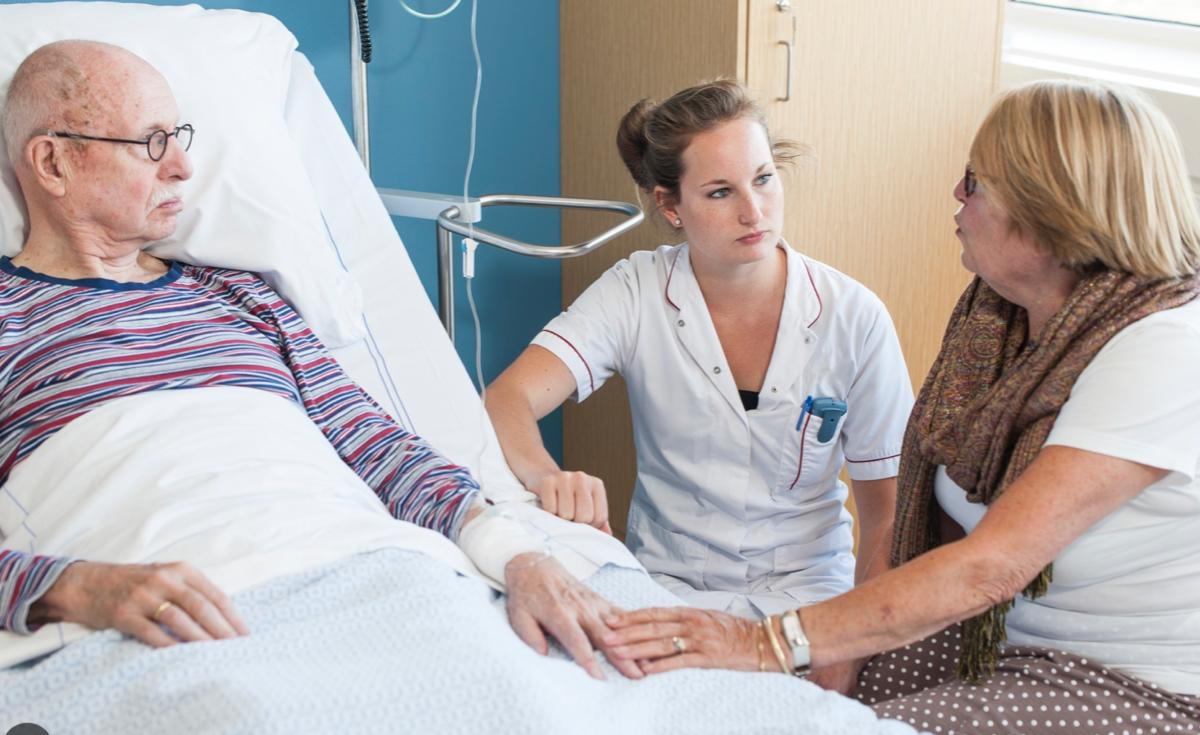
As a primary caregiver, you are responsible for the well-being of someone else. Whether it's a child, an elderly parent, or a spouse with a chronic condition, the role can be both rewarding and demanding. However, it is important to remember that in order to effectively care for someone else, you must also take care of yourself. Neglecting your own health and needs can lead to burnout, physical and emotional exhaustion, and even health problems.
Here are some tips to help you maintain your well-being while fulfilling your responsibilities as a primary caregiver:
Prioritize self-care activities
It can be easy to put your own needs on the back burner when you are focused on caring for someone else, but taking care of yourself should be a top priority. Make a commitment to engage in self-care activities regularly, such as exercise, meditation, hobbies, and reading. Take advantage of opportunities for relaxation, such as a bubble bath or a massage, to help reduce stress and refresh your mind and body.
Stay organized
Caregiving can be a complex and demanding task that requires careful planning and organization. Keep a calendar or to-do list of the tasks you need to complete each day, and prioritize them based on their importance and urgency. Breaking down tasks into smaller, manageable chunks can help you feel less overwhelmed.
Stay connected
Social support is a critical component of caregiving, and it is essential to stay connected with friends, family, and support groups. Spending time with people you care about can provide you with emotional and social support, reduce stress, and improve your overall well-being. If you are feeling isolated or lonely, consider joining a support group for caregivers or seeking therapy to help you cope with the demands of caregiving.
Get enough sleep
Sleep is crucial for both your physical and mental health. When you are caring for someone else, it can be difficult to get enough sleep, but it is important to make an effort to get enough rest each night. Try to establish a regular sleep schedule and create a relaxing bedtime routine that will help you fall asleep more easily. If you are having trouble sleeping, speak with your doctor or a sleep specialist to discuss strategies for improving your sleep quality.
Eat well
Eating a healthy and balanced diet is important for maintaining your physical and mental health. When you are busy caring for someone else, it can be tempting to grab fast food or skip meals, but it is essential to prioritize nutritious food options. Plan your meals in advance and keep healthy snacks on hand to help you avoid unhealthy food choices when you are feeling overwhelmed or busy.
Take breaks when necessary
Taking regular breaks is an important part of self-care, and it can help you avoid burnout. Whether it's a short walk outside, a trip to the library, or a visit to the gym, taking breaks can help you recharge your batteries and return to your caregiving responsibilities with renewed energy and focus. If possible, consider scheduling a respite break or hiring a professional caregiver for a short period of time to give you a break from your caregiving duties.
Seek professional help
If you are feeling overwhelmed or stressed, it is important to seek professional help. Your doctor can help you manage stress and provide you with coping strategies, and a therapist can help you work through the emotions that come with caregiving. If you are experiencing depression or anxiety, consider seeking treatment from a mental health professional.
Being a primary caregiver can be a challenging and demanding role, but taking care of yourself is critical to your well-being and ability to care for someone else.